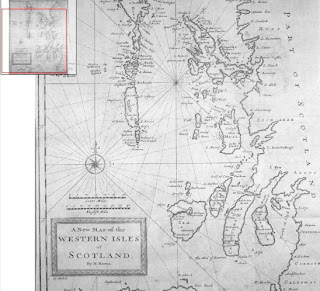McIntyre History
The name is derived from the Gaelic 'Mac-an-T'saoir' meaning 'son of a
carpenter' which accounts for its occurrence throughout the Highlands.
By the end of the 13th century the McIntyres of Glen Noe were foresters to the
Lord of Lorn. Some became bards, Duncan of Bàn, and families of McIntyre became
hereditary pipers.
The first chief of record was Duncan who married a Campbell.
Originally the McIntyres held their land by right of sword but they had
acquired feudal obligations to the Campbells, which were purely symbolic until
the 18th century. When the Campbells of Breadalbane imposed a rent that
progressively grew too great, first Duncan, then Donald, 4th & 5th Chiefs
respectively, emigrated to America by 1806.
In 1991, the correct shield of arms was recorded by the 9th Chief and the
McIntyres once more took their seat on the Council of Clan Chiefs.



